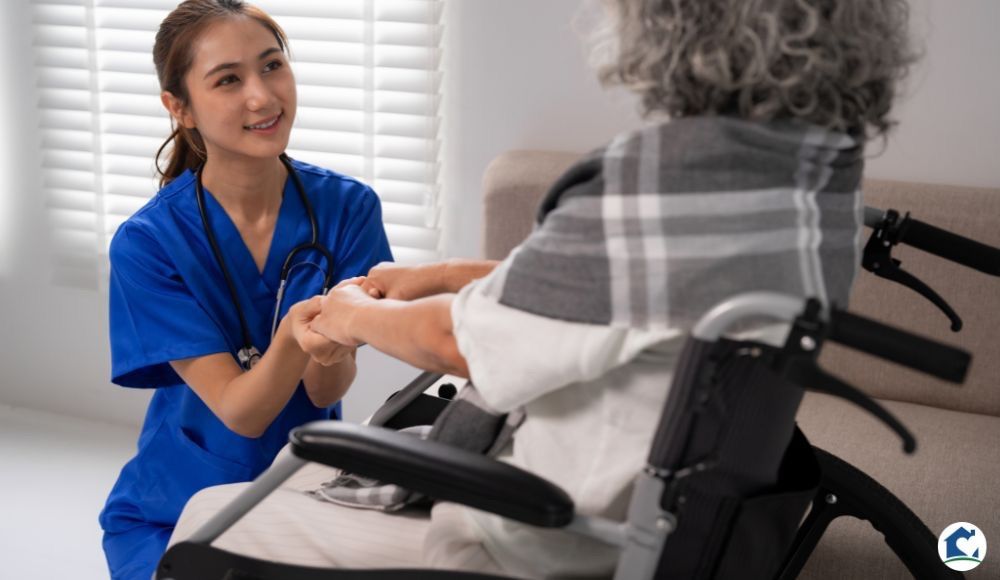Common Challenges Patients Face After Hospital Discharge
Patients often encounter multiple difficulties after transitioning from hospital to home, many of which can impact recovery and increase the risk of complications or readmission. The most common challenges include:
Managing Pain and Mobility Issues
Pain Management Strategies
- Doctors often prescribe a
combination of medications for a limited time to control pain. Before being discharged, patients should receive clear instructions on what pain to expect, how to take their medications, and when to seek help if pain worsens or new pain develops.
- Applying warm or cold packs, extra pillows for comfort, gentle stretching, relaxation techniques, and distraction (such as reading or listening to music) can help ease the discomfort.
- Patients should report their pain levels and concerns to their care team, as ongoing or worsening pain may require reassessment.
Mobility Management Strategies
- Patients are encouraged to move as soon as possible, starting with simple activities like sitting up, standing, and short walks, gradually increasing the activity level as tolerated.
- Individualized physical therapy programs help restore strength, flexibility, and confidence in movement, especially for seniors or those with significant mobility challenges.
- Walkers, canes, or wheelchairs support safe movements and independence during recovery. Gradually increasing mobility minimizes complications and prevents injuries, while continued rehabilitation helps sustain recovery and independence.
Coping with Fatigue and Loss of Energy Post-Discharge
Most people experience various amounts of fatigue following a hospital stay. They should have regular rest periods throughout the day and a consistent sleep routine to support their recovery.
It's a good idea to gradually increase activity with gentle movements, such as short walks or light stretches. Avoid overexertion and listen to your body while gradually increasing your activity levels to prevent setbacks.
Focus on a balanced diet of lean proteins, fruits, and vegetables, eating smaller, more frequent meals if your appetite is low, and staying well-hydrated.
If you maintain a realistic daily schedule for sleeping, eating, and activities, your body will stabilize and recover.
Avoiding Missteps that Could Delay Recovery
Here are tips to keep your recovery on track:
- Take your medications as prescribed, attend all follow-up appointments, and adhere to any dietary or physical activity restrictions provided by your healthcare team.
- Bring a trusted person with you during discharge to help you remember and write down instructions, medication details, and a follow-up plan.
- To prevent falls, prepare your home environment by clearing walkways and removing tripping hazards.
- Set up a comfortable resting area with essentials like medications, water, and snacks within easy reach.
- Manage your stress and mental health with relaxation techniques, engaging in low-energy activities, and seeking emotional support.
- Stay in regular contact with your healthcare providers and promptly report any new or worsening symptoms.
We Can Help You Transition from Hospital to Home
Contact the professionals at Comforting Home Care to learn more about a successful transition from hospital to home and on to independence!












